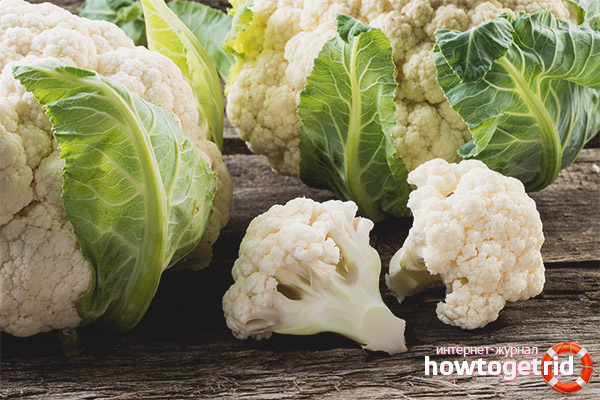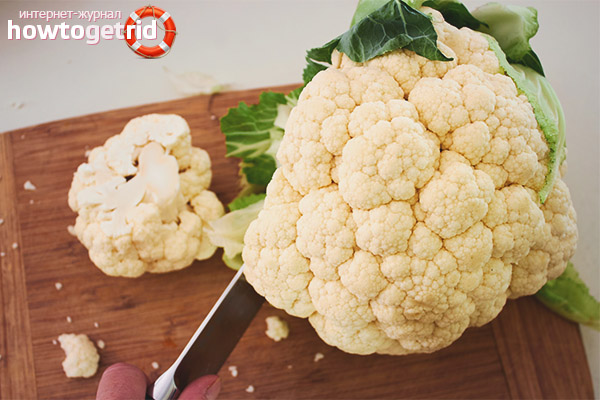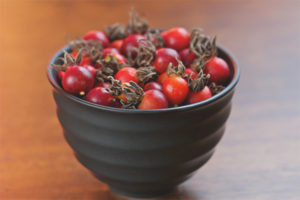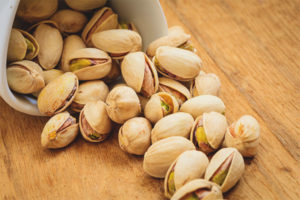The content of the article
Such a popular vegetable as cauliflower has appeared in our diet relatively recently. The island of Cyprus is considered to be its original homeland, although some other ancient peoples also mention its eating. For a long time, dishes from this plant were considered a real privilege of wealthy and noble families. This was so until this healthy and tasty vegetable was most widely distributed in all corners of the world, where it is grown everywhere today, becoming one of the demanded agricultural crops.
Currently, cauliflower, the positive properties and amazing taste of which in a very different way no one doubts, is an ingredient in tens and hundreds of different dishes. Valuable vegetable sold in every grocery store contains a lot of useful substances, not only enhancing human health, but also able to extend his life. Particular attention should be paid to the use of cauliflower in food during pregnancy due to its rich chemical composition, the various elements of which can bring both benefit and harm to a developing baby.
Composition of cauliflower
The vegetable contains a large number of simple and complex compounds, the concentration of which can vary in a small range depending on the particular variety:
- Vitamins (2-3 times higher than cabbage in terms of ascorbic acid content, only 50 grams of the product contains the daily intake of vitamin C).
- Fiber (an excellent product for diet and improve bowel function).
- Iron (here this chemical element is several times more than in rich in bell peppers, and even green peas, lettuce, fresh zucchini).
- Trace elements (compounds of manganese, molybdenum, iron, cobalt, zinc, copper).
- Macronutrients (cauliflower is rich in calcium and phosphorus, potassium and chlorine, sulfur and magnesium).
- Unsaturated fatty acids and fats.
- Organic acids and sugars.
The high content of substances useful for the body makes this vegetable not only a nutritious ingredient for cooking, but also one of the recognized traditional medicine. Cabbage rich in vitamins and microelements can be extremely useful for a future mother and a fetus developing inside her tummy. However, like any other product, it can be both beneficial and harmful, and also has a number of contraindications.
The benefits of cauliflower during pregnancy
Pregnant women should be especially careful about their diet, therefore, before you eat a product, you need to know about in which cases it may be useful, and in which - not so. Consider the benefits of cauliflower during pregnancy:
- The high content of B vitamins in this vegetable significantly reduces the risk of developing birth defects in a future baby.
- Its valuable amino acids are necessary for most important metabolic processes and are quickly absorbed by the mother's body.
- A large amount of easily digestible vegetable protein makes this product an excellent choice for a wholesome healthy diet while carrying a child.
- Cauliflower is a low-calorie food. 100 grams of fresh vegetable contains no more than 30 kilocalories. And this means that even its regular use in dishes will not affect the weight of the future mother in a negative direction.But at the same time, do not forget that the calorie content of 100 grams of boiled or stewed product can reach 180 kilocalories, so you need to be careful with it.
- In the early stages, this green vegetable is an excellent source of vitamins and minerals most needed for a small organism developing in the mother’s stomach. In particular, it is rich in vitamin B9, which is involved in the formation of the nervous system, a lack of which can cause miscarriage or the development of severe abnormalities.
- Vitamin A contained in cauliflower is necessary for the correct laying of important cells of the embryo's body, and ascorbic acid, which is found in large quantities here, forms a powerful immune system for the baby.
- The product is rich in calcium and phosphorus, which are necessary for the formation of the muscular and skeletal system, as well as ensuring the correct laying of the teeth of the unborn child in the early pregnancy of her mother.
Regular consumption of cauliflower in the late stages is a good prevention of constipation, heartburn and other unpleasant phenomena in the gastrointestinal tract. To ensure the normal functioning of the intestines, it is recommended to eat this vegetable in raw, boiled or stewed form at least once a week.
Cauliflower harm during pregnancy
- Gastric or duodenal ulcer.
- Gastritis or bowel problems.
- Pathology of the kidneys or thyroid gland.
- Gout.
With great caution, it is worthwhile to treat food, which contains cauliflower, for women who have recently undergone surgery on the abdominal organs. In some cases, this vegetable during digestion can provoke increased gas formation, diarrhea and flatulence, which can cause an exacerbation of some chronic ailments or create discomfort for a baby developing in the tummy.
Video: harmful products during pregnancy and during feeding











Submit